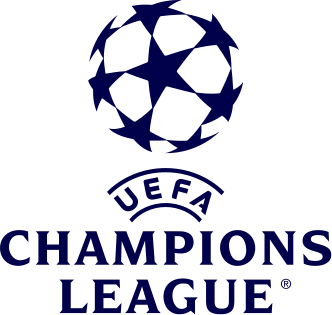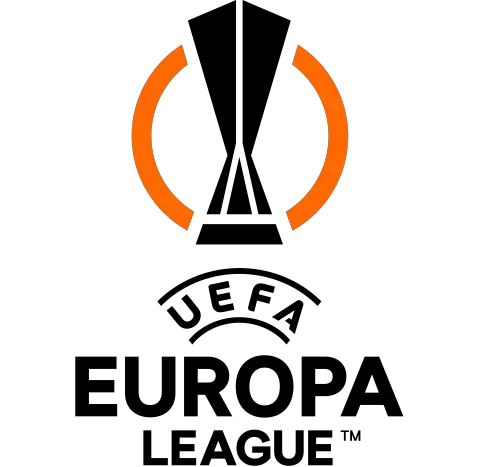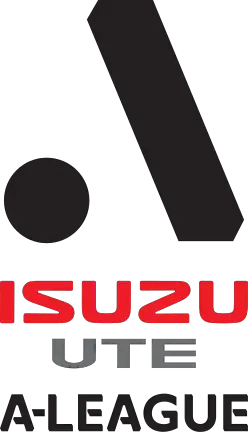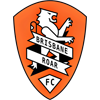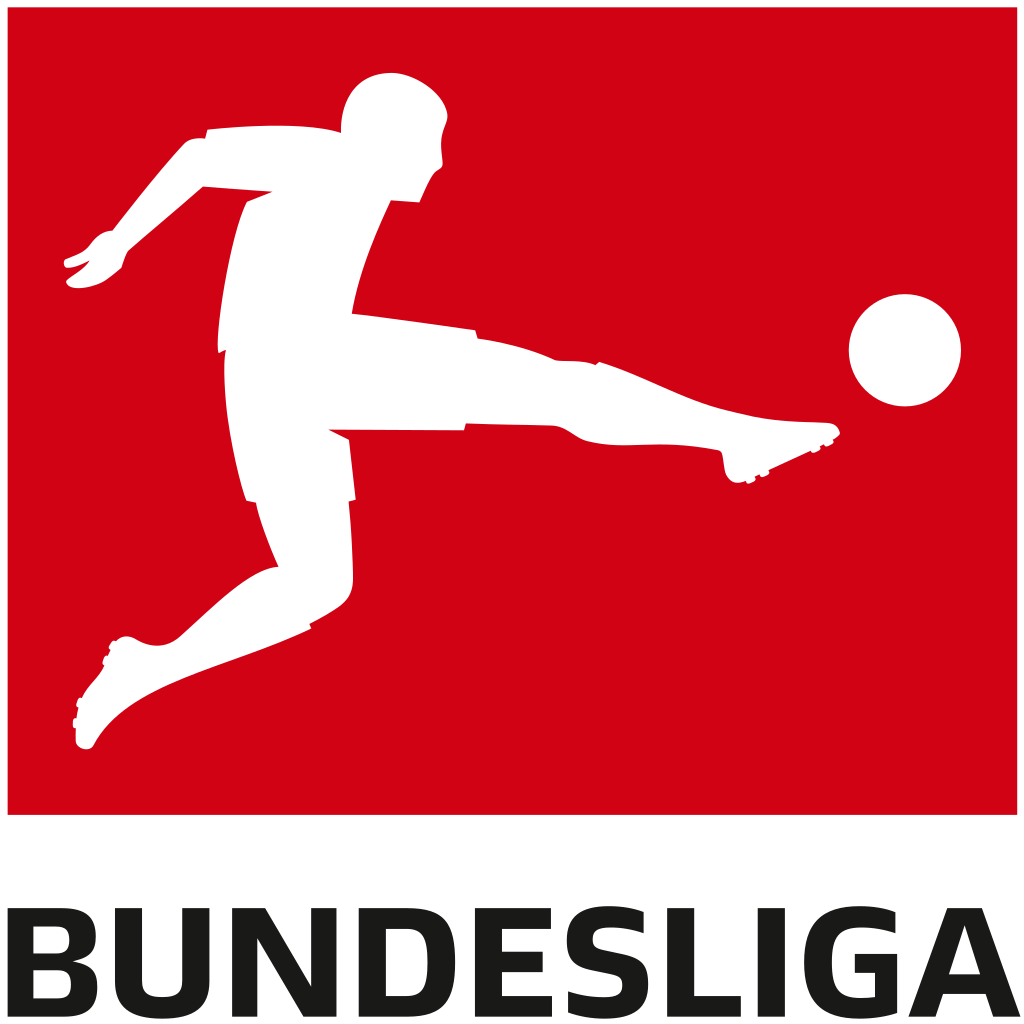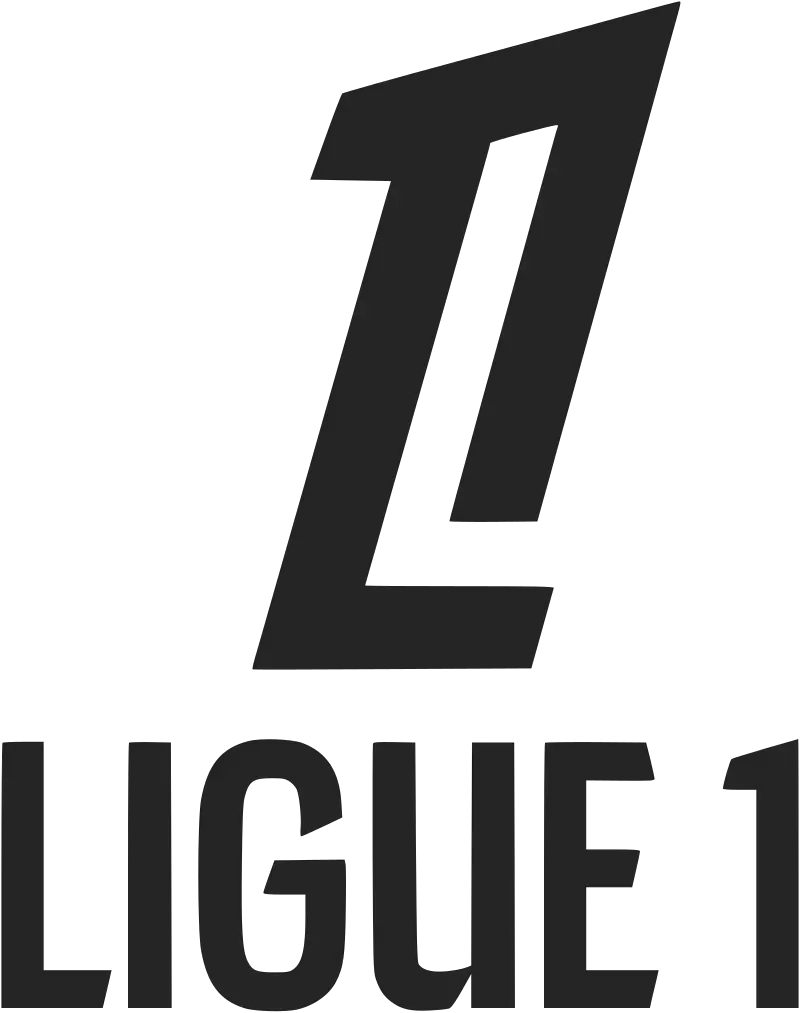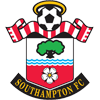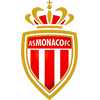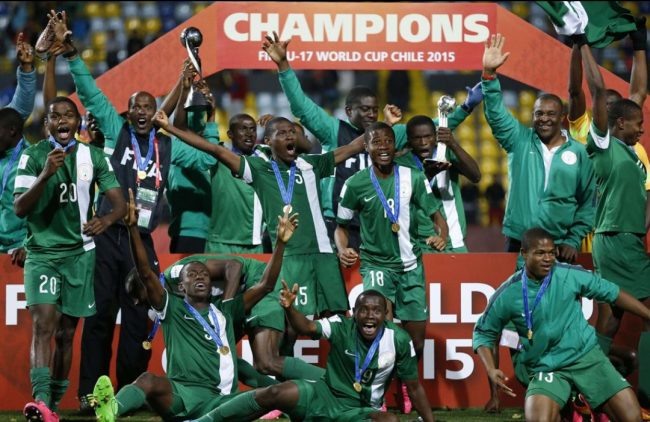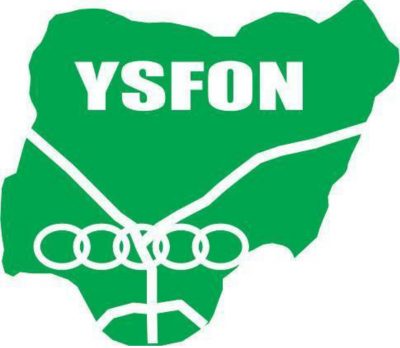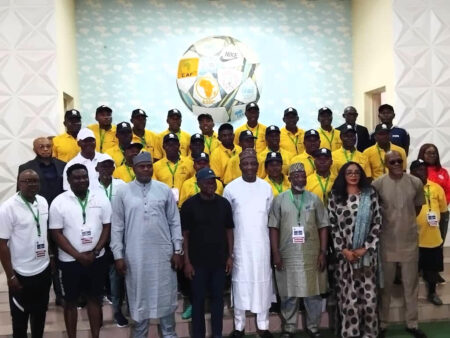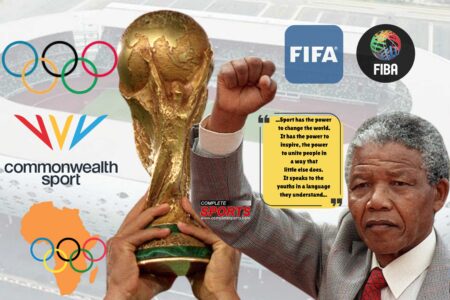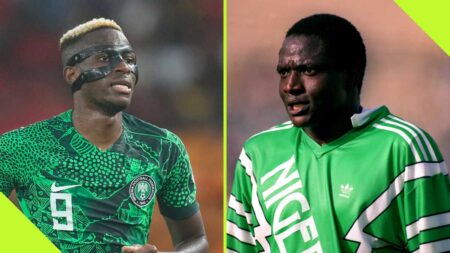In the 1960s and 1970s there used to be a sports development structure in Nigeria anchored to education and referred to as Academicals. The academicals competitions in various sports influenced the development of the sports in secondary schools.
The academicals were extended and made international with the introduction of annual competitions between the national teams of selected secondary school students. The best of them was the Ghana/Nigeria Academicals football competition designed strictly for students assembled from regional and national academicals competitions in both countries.
At that time, there was no age restriction for participants. The only criterion for participation was to be a bona fide student in a secondary school. The result was that football in both countries developed in leaps and bounds catalyzed by schools’ programmes.
I do not recall if there were any reported cases (there must have been a few) throughout the decades of those competitions of protests or suspensions over eligibility, or any form of cheating. There was no need to cheat and falsify documents as eligibility of the players rested squarely on the integrity of the countries to present student-players. Both countries benefitted from the process that the experience offered the students and their schools.
Moreover, there was no material reward for winning the competitions because the sponsoring motivation was very clear – a means to a bigger end, developing elite sport and elite athletes in schools in both countries. Let me repeat for some clarity – the academicals competitions were a means to an end, not an end in themselves; a journey, not a final destination.
Also Read: Westerhof Expects Victory In Court Against Bonfrere On Match-Fixing Allegation
In 1967, for example, Nigeria assembled a crack team of student-players, probably the best in the country’s history for its national academicals that year. They defeated Ghana both at home and away. That feat has been one of the most memorable to date. The whole country celebrated the victory. Many of the players went on, almost immediately, to become the core of the senior national squad of players, the Green Eagles. The team went on to represent Nigeria at the 1968 Olympic Games in Mexico, and were held by Brazil to a 3-3 draw.
Interestingly, those players did not need to cheat whilst in the academicals. They used their actual ages playing in the academicals since the only criterion to play, which they met, was that they should be bona fide students. And they all were. Samuel Garba, Ismaila Mabo and Peter Anieke were all students of Academy College of Commerce in Jos before the pogrom in Jos, and the Civil war separated them and affected their studies differently.
What were their ages in 1967?
Samuel Garba was 20. Ismaila Mabo was 23. Peter Anieke was 21. And so on.
They could be accommodated in the academicals with integrity because students in Higher School Certificate classes (the two years after the first five years of O’levels classes) were also eligible; some students even spent a year or two at home before returning for HSC; students in technical colleges, vocational institutions and commercial schools, often older than their counterparts in basic secondary schools, also met the criterion for participation. In short, academicals competitions in those days did not require any age limitation. They passed the integrity test and delivered on developing players and sports within the schools. The academicals was not a process to play at any age-graded competition for example. So, was no motivation or incentive to cheat and falsify any document.
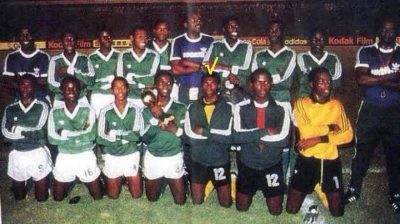
One of the greatest student footballers in Nigeria’s history was the great Haruna Ilerika. He played for Zumratul College in Lagos. The school won the Principals Cup (an Academicals competition) in 1970. He was 21 years of age at the time. The following year he joined Stationary Stores and was invited to the senior national team and became a megastar.
In 1973, Taiwo Ogunjobi played at academicals level and represented the country in the annual Ghana/Nigeria Academicals competition during which he was described as the next Pele by analysts because of the high standard of his game. Taiwo was actually 21 and in his final year of the Higher School Certificate, HSC. The following year he was invited to the national team.
I have explained all this in order to clear the air on Academicals (a secondary schools’ competition) as distinct and different, in philosophy and criteria for eligibility, from the age-group format introduced by FIFA in 1985 which has become a virus providing fresh motivation and incentives for players, coaches, parents, association officials to cheat their way to fame and fortune. That virus has mutated, crept into the fabric of Nigerian football and truncated the well-established tradition of developing football players (and by extension, athletes in other sports) through the secondary school system, a process that has left the country with myopia, a process that would have made the country, gifted with so much natural talent, to achieve its full potential. The country saw all of these things, weighted them but chose to take the short cut in fulfilling its sports goals. Of course, that choice would come with a price – a heavy one, as time would later reveal.
Also Read – Osimhen: I Want To Emulate Maradona, Cavani, Higuain At Napoli
The ‘trouble’ started in 1985.
FIFA had introduced a global competition as a help to Third World football countries to use as essential aid to catch up with the rest of the developed football cultures. They put an age restriction of Under-16 to it. For Nigeria, that clearly meant fishing for its qualified players from deep waters of secondary schools. At Under-16, generally, 90% of Nigerian children would still be in school.
Unprepared for an Under-16 competition, the Football Officials took a short cut. They allowed the coaches to select the players not from the schools, but from the Youth Sports Federation of Nigeria, YSFON, an independent body promoting ‘street football’ in Nigeria. Many of the players in YSFON were out of secondary school.
No special attention was paid to the selection of the players by the time they left the country for China for the first FIFA experimental tournament. By the time the players left Nigeria for China nobody knew them, except their coaches. By the time they returned they had become heroes, as Under-16 world champions.
Their achievements were acknowledged and they were feted. The government excitedly offered all of them academic scholarships because they were all expected to have been selected from schools if they were actually under 16 years of age. None of the players took up the academic scholarship offer. Only two, of them, were secondary school students. The others were outside the secondary school system.
That spoke volumes! It ‘spoke’ what no one could put into words without being labelled unpatriotic. No one could blame the players. In spirit and in practice, Nigeria was still operating and living in the academicals realm. Yet, no one wanted to diminish Nigerian heroes.
Unfortunately, instead of putting on the re-set button and establishing a correct process of fishing out the players to achieve a long-term objective, the NFA chose to ride with the euphoria of that victory, sustain the faulty myopic process that brought that victory.
That decision would come with a price tag and at a cost to the country.
Since then, victories at that level, using the template of 1985, have brought fame and fortune to some Nigerian football players, but has also planted a pandemic of corruption, soiled reputation, and inauthenticity of documents from Nigeria, ills that have been haunting the country since then and that has contributed significantly to truncating the process of genuine youth development that could have produced better and more results and taken Nigerian football to the zenith anticipated by Pele in 1989, and Walter Winter Bottom even earlier, that Nigeria would win the senior World Cup by the turn of the last Century.
That dream could never be fulfilled by the short cut to pyrrhic victories that the country chose in sacrificing long term, bigger national goals for narrow, isolated and individual achievements.
The price the country has had to pay is terminating its academicals programmes that could still have been doing a lot for sports development within schools.
To move forward Nigeria must give up some things to achieve bigger objectives. The country must go back to re-examine and revive its academicals module of sports development; completely remove material rewards from schools and Under-17 competitions; de-emphasize age as a criteria for schools’ competitions; treat Under-17 (particularly) international competition with the spirit of ‘no pain, no gain’. Henceforth, no player shall represent the country in the under-17 competition that is not still in school and must not be in the final year, with school records to show. Finally, the country should encourage the establishment of private and public special sports schools where children with talent and passion for sports and academics will be trained and prepared for the lucrative world of sports.
